

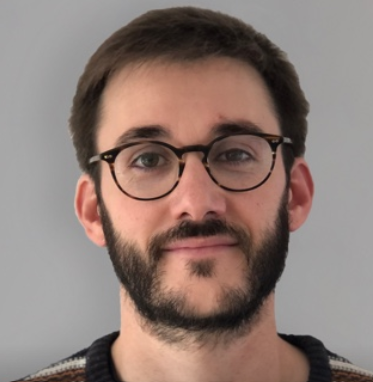

The Spanish government hopes to reduce the working week to 37.5 hours. But work is not the enemy, it is the conditions that do not allow for healthy growth and service, Christians say.

Open Doors publishes a new edition of the World Watch List identifying as many as 78 countries with high levels of hostility against Christianity in the world. North Korea and Nigeria stand out among those with “extreme persecution”.
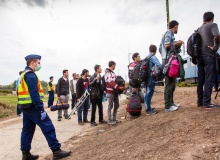
While the political actors involved welcome the agreement, evangelical organisations take a critical look at the details of the pact.
.jpg)
Evangelicals in Africa's fourth most populous country share their hopes and fears.

Evangelical experts in the labour world look at the proposal to reduce the working hours to 37.5 per week.
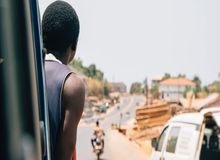
Christians in Western Africa analyse the situation after nine military coups experienced in the region in only three years.

“As much as we need to mine, we have to set boundaries so as not to compromise the wellbeing of the community”, says Christian conservationist group A Rocha Ghana.
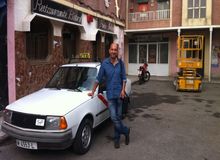
Curro Royo is a scriptwriter with over 30 years of experience in TV series such as Spain's popular Cuéntame como pasó. In an interview, he talks about his Christian faith and his passion for stories.
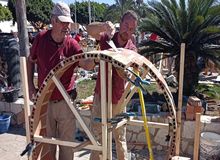
Vasile Safta, an evangelical, is the helper of a crew that won the competition four years in a row: “Through situations like this I can reflect my love for God”.
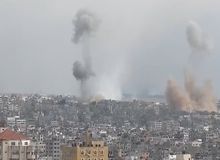
More evangelical voices on the ground speak out as the death toll keeps rising and attacks continue.
.jpg)
Steven, a tourist guide in Israel says the Hamas terrorist attacks have paralised the country. “Tourism is my only source of income. We don’t know what is going to happen”.
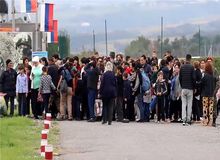
About 100,000 have crossed the border into Armenia. The World Evangelical Alliance is concerned about the blockade of humanitarian aid in the region.

The future of the building is uncertain, it needs a 870,000 euros renovation. The site “represents the living memory of a Europe immersed in a cruel war”, says a historian.
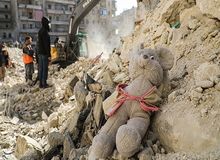
Seven months after the earthquake, aid has not arrived as in Turkey. “One of the main means by which God has intervened is through the church”, says a Protestant pastor.

A month after the attack on a Christian colony in Faisalabad, Imran, a Pakistani Christian, analyses the situation on the ground. “Churches fear a repetition”, he says.
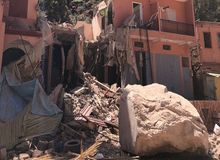
Christians in Morocco have formed a group to coordinate their response. In the area around Marrakesh, they focus on assisting looking for survivors under the rubble and help “families who have suffered losses”.
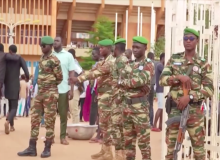
The Assemblies of God in the capital, Niamey, say that “the population seems to have accepted” the situation, although other voices refer to an “unexpected” situation.
.jpg)
An uncontrolled forest fire has already devastated 15,000 hectares on the island of Tenerife, which has been declared a disaster area. Christians are among the 7,000 evacuated or confined. No church buildings have been affected.

Spanish Christian geographer Miguel Wickham analyses the severe drought that is hitting Southern Europe.

“Young people have lost hope and the meaning of life […] The authority of the Bible must be restored”, says a Finnish Christian doctor and writer.
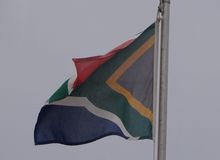
The country is officially in a “state of disaster” since February due to a shortage of energy resources. Christians in the country analyse the crisis.
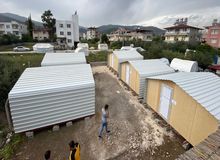
Three months after the earthquakes in Turkey, local Protestants continue to work among those affected: “Tens of thousands who survived are still homeless”.
.jpg)
As the leader of the self-proclaimed Good News International Church movement goes on trial, the national Evangelical Alliance condemns the tragedy and calls for legal action.
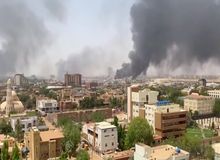
Days after fighting between the army and paramilitaries erupted in Khartoum, 270 people have already been killed and over 1,800 injured.
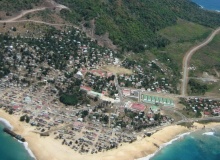
“There are still at least 130 million people, speakers of 1,680 languages, with a clear need for translation of the Bible into their languages”, say the members of a Bible translation initiative in Spain.

Las opiniones vertidas por nuestros colaboradores se realizan a nivel personal, pudiendo coincidir o no con la postura de la dirección de Protestante Digital.